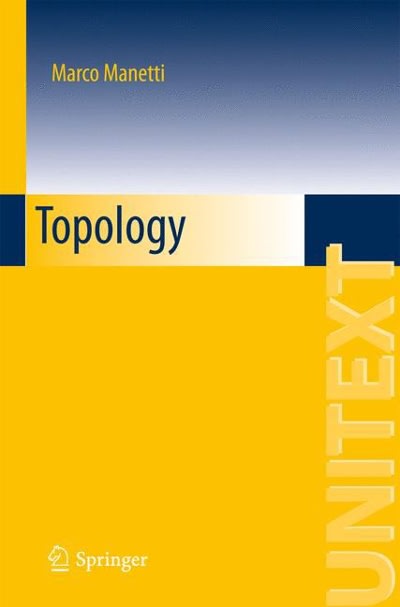Question
Two teams, L and R, play a best-of-three-games series; the series ends as soon as one team has won two games. The teams are evenly
Two teams, L and R, play a best-of-three-games series; the series ends as soon as one team has won two games. The teams are evenly matched, but the team playing at their "home" stadium has an advantage: in each game the "home" team wins with P = 0.6, the "away" team with P = 0.4. There are no draws. The series starts in R's stadium, the second game is at L's stadium, and the third game, if played, is back at R's. (a) Let R be the number of games won by team R, and L be the number of games won by team L. Calculate the joint PMF of L and R. A tree diagram will help. (b) Calculate the marginal PMFs of L and R. (c) Calculate the expected values of L and R. (d) Calculate the PMF of T = L+R, the total number of games played. (e) If there is no "home field advantage", each team has 0.5 probability of winning the series. How much of an advantage does team R gain from the series starting in their stadium
Step by Step Solution
There are 3 Steps involved in it
Step: 1

Get Instant Access to Expert-Tailored Solutions
See step-by-step solutions with expert insights and AI powered tools for academic success
Step: 2

Step: 3

Ace Your Homework with AI
Get the answers you need in no time with our AI-driven, step-by-step assistance
Get Started


